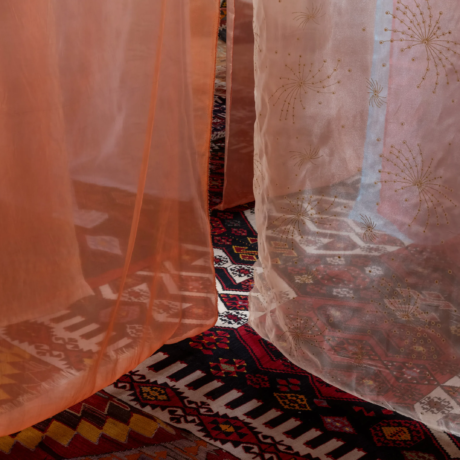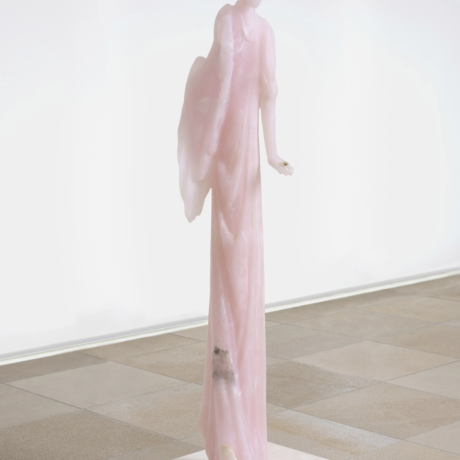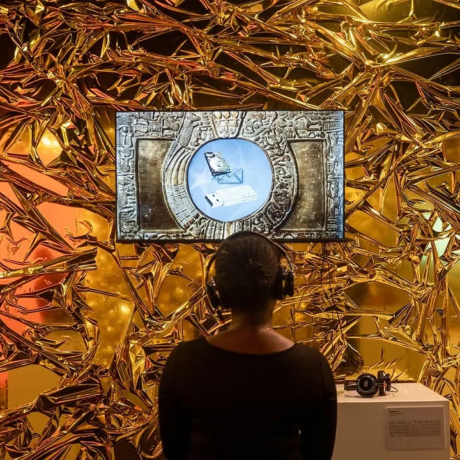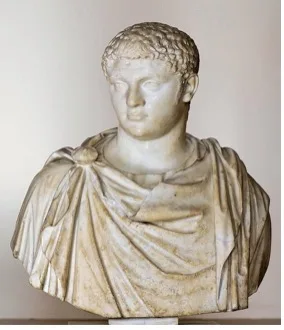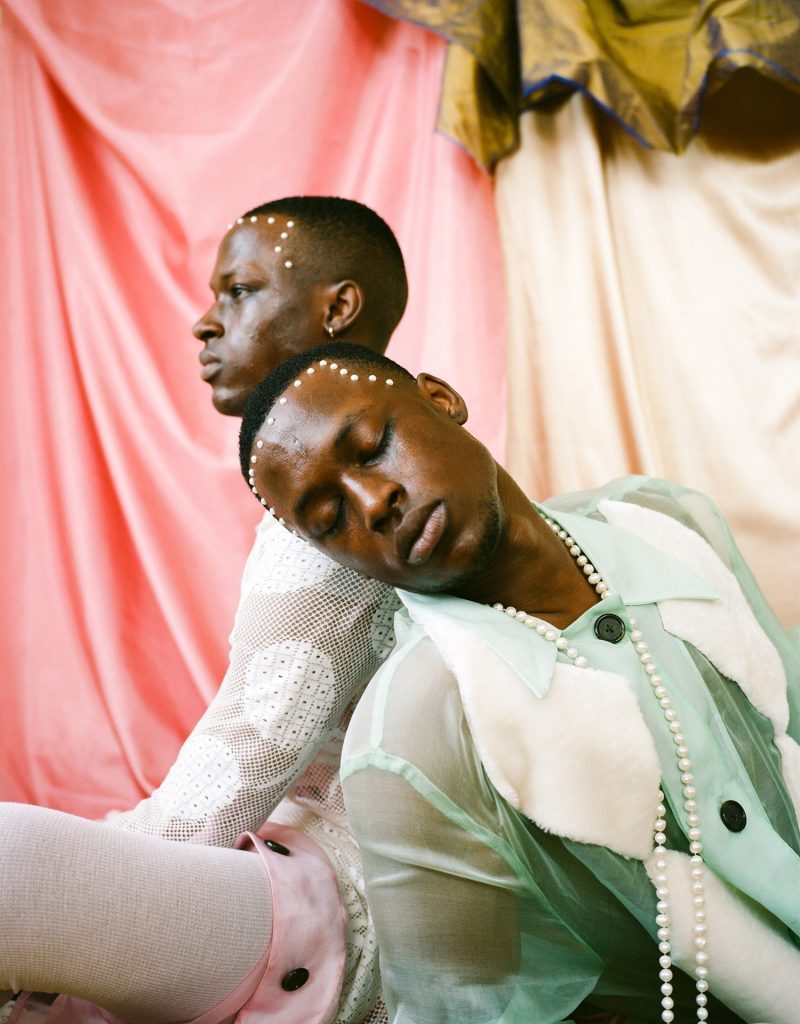
Who Is Gem Fletcher?
Gemma Fletcher is an exciting woman: she moved out of advertising and into the world of photo and film directing some years ago, and now spends her days commissioning photographers and artists for editorial gigs and collaborating with brands like WeTransfer and Moleskine. Her work takes her all over the world, every month, including a recent trip to Solapur, India where she directed a series, shot by Ken Hermann, on the tradition of the Well of Death, a high risk, adrenaline-fuelled race for cars and motorbikes around the sides of a wooden cylinder. Alongside her work as a director and writing on photography, Fletcher is also the photo director for London-based independent feminist mag, Riposte.
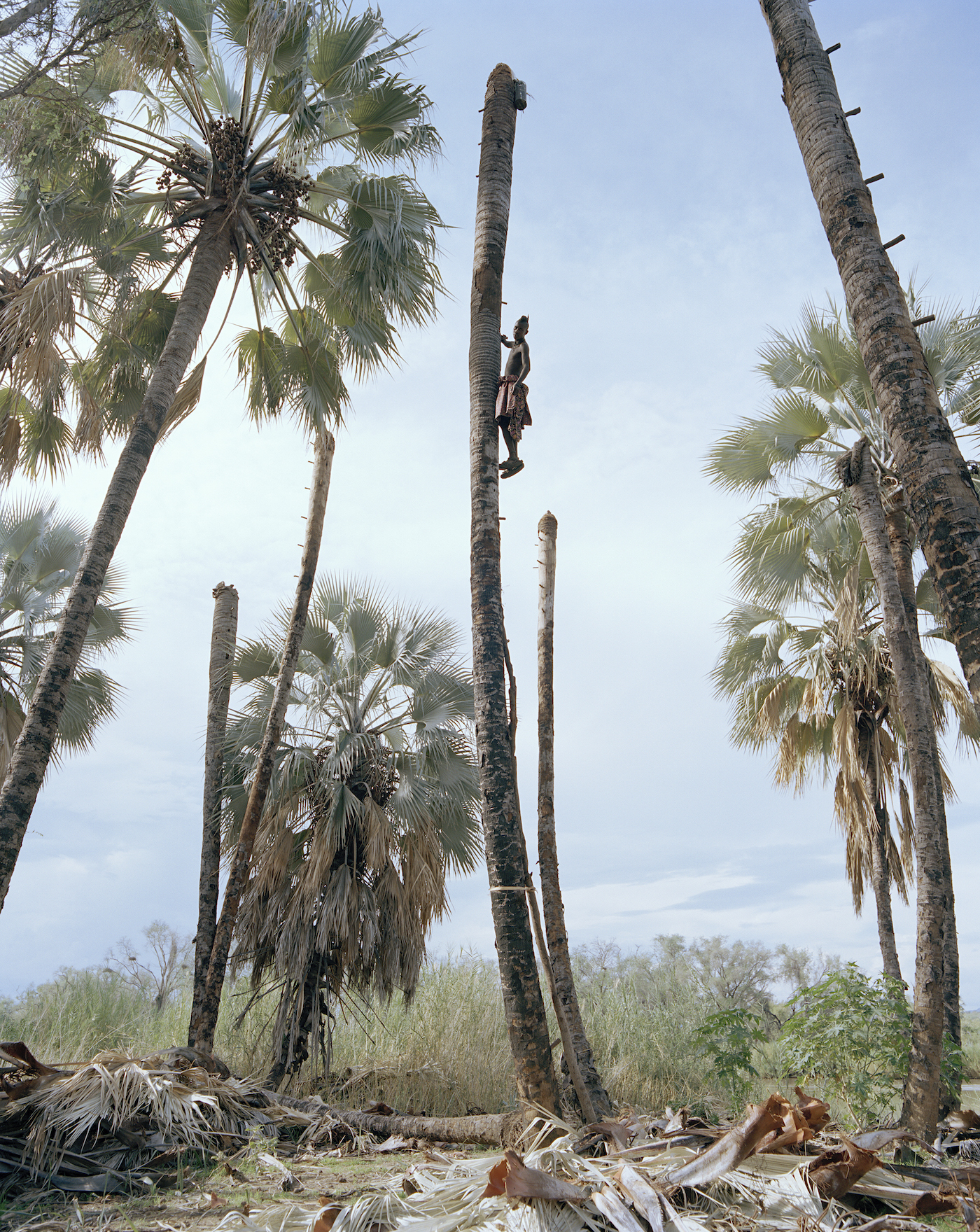
Kyle Weeks
Why Should You Follow Her?
Put simply, her content is great. Fletcher is someone who researches relentlessly and is always the first to the freshest talent in photography. She knows her stuff when it comes to who is going to be big in the medium, and who is going to stick around for the long haul. You won’t see any food porn, vacay snaps or selfies here—her platform is purely dedicated to art and artists. “I created my IG to share the work I direct and the work of other photographers I love,” Fletcher told Elephant. “Over the years, it’s become a directory of talent and a place to celebrate great photographic work.” Consider it her little black book, made available to the public. In case you fall down the Instagram rabbit hole, Fletcher keeps her Instagram use in check and encourages other to do the same with her “mental health Mondays”. She explains: “I was frustrated by my bad habit of waking up and checking Instagram as one of the first things I did every day. It wasn’t good for my creativity, productivity or mental health. I started just getting up and going for a walk every morning and it was a total game changer.”
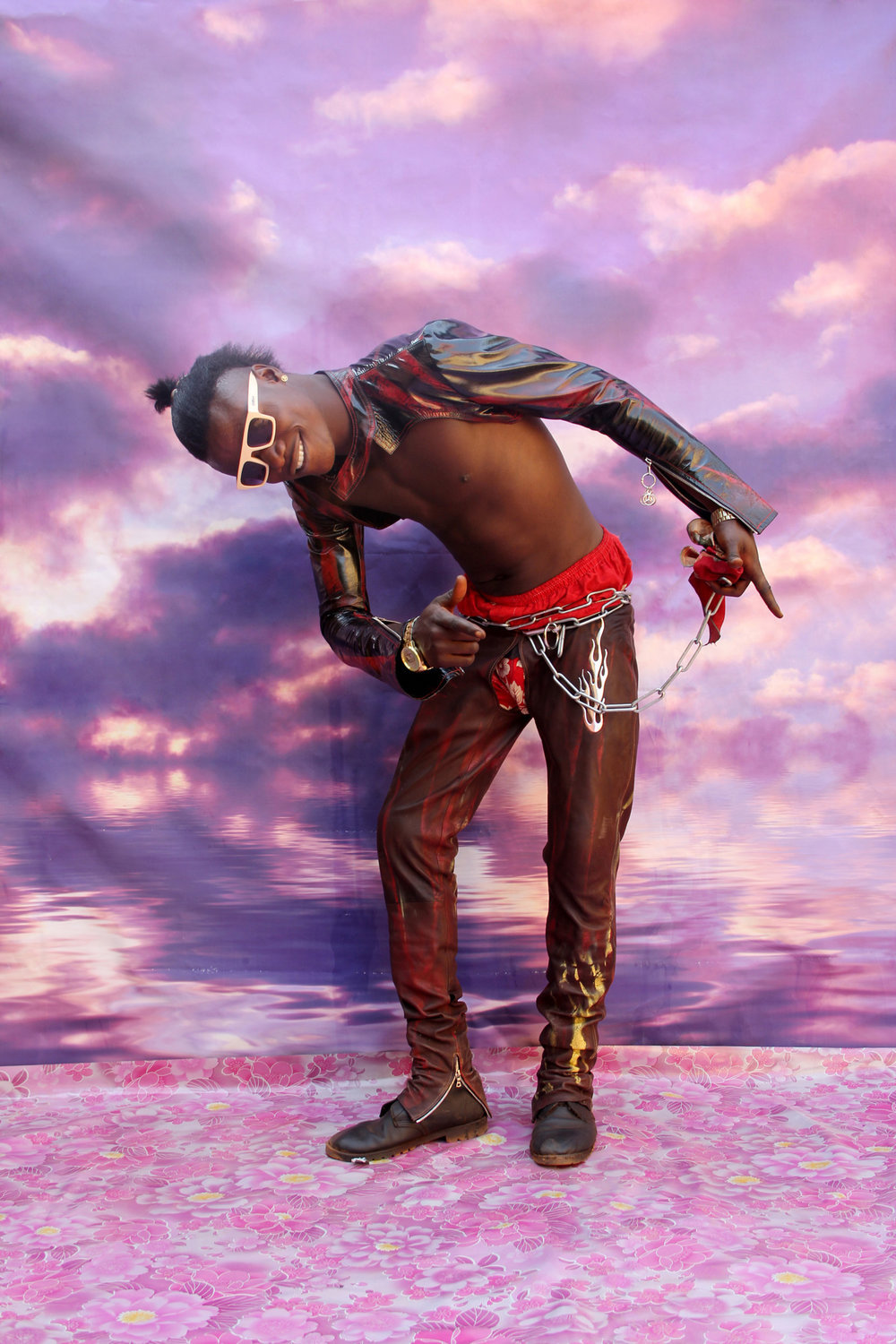
What Instagram Doesn’t Tell You
Fletcher is launching a podcast in the new year. The Messy Truth, Conversations on Photography is a series of candid conversations with photographers, curators and commissioners on their personal journey, and also includes chat on key issues affecting the industry: everything from authorship and the gaze to ethics and awards. “I’m focusing it on emerging and newly established talent, essentially the people who will be shaping visual content for the next couple of decades,” Fletcher adds. We’re pumped to listen.
